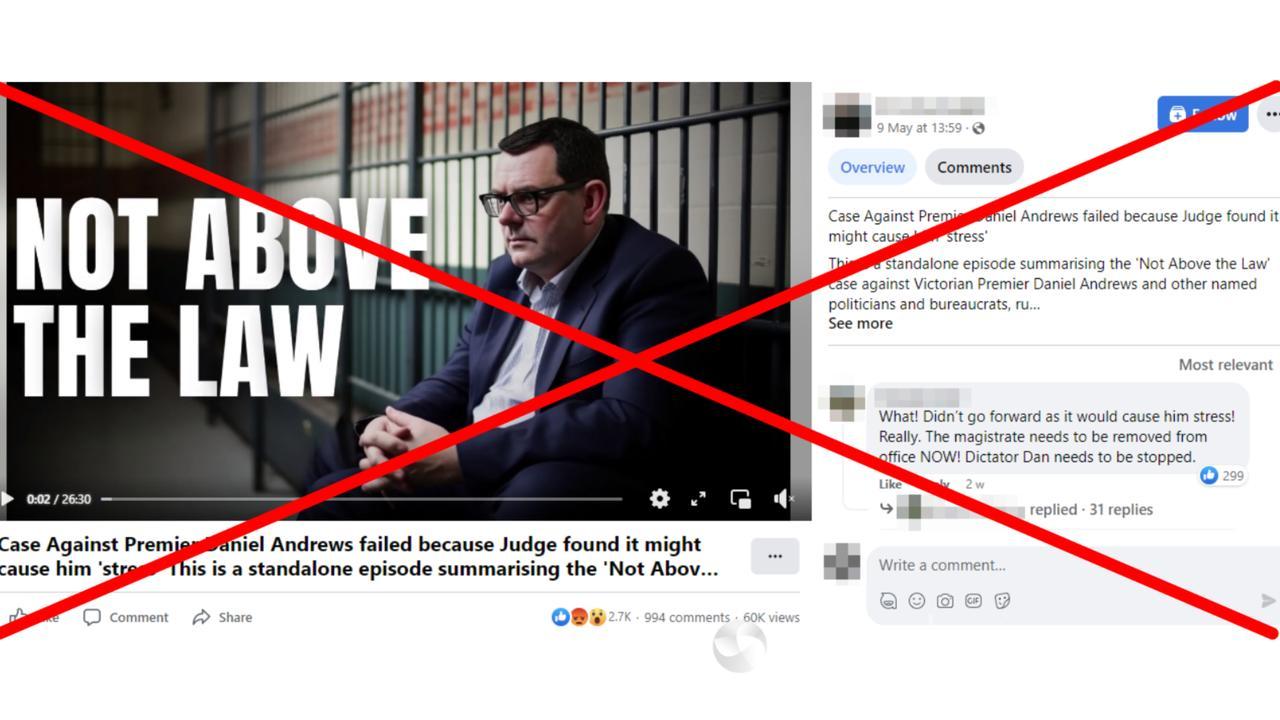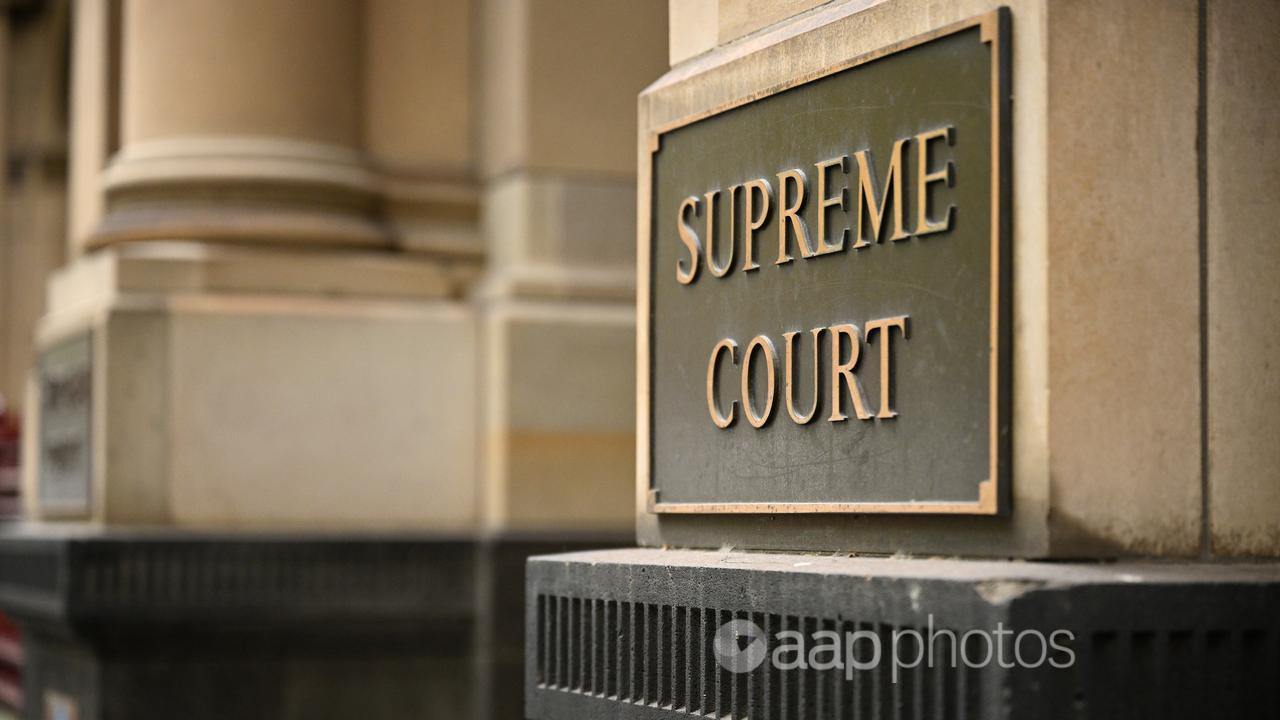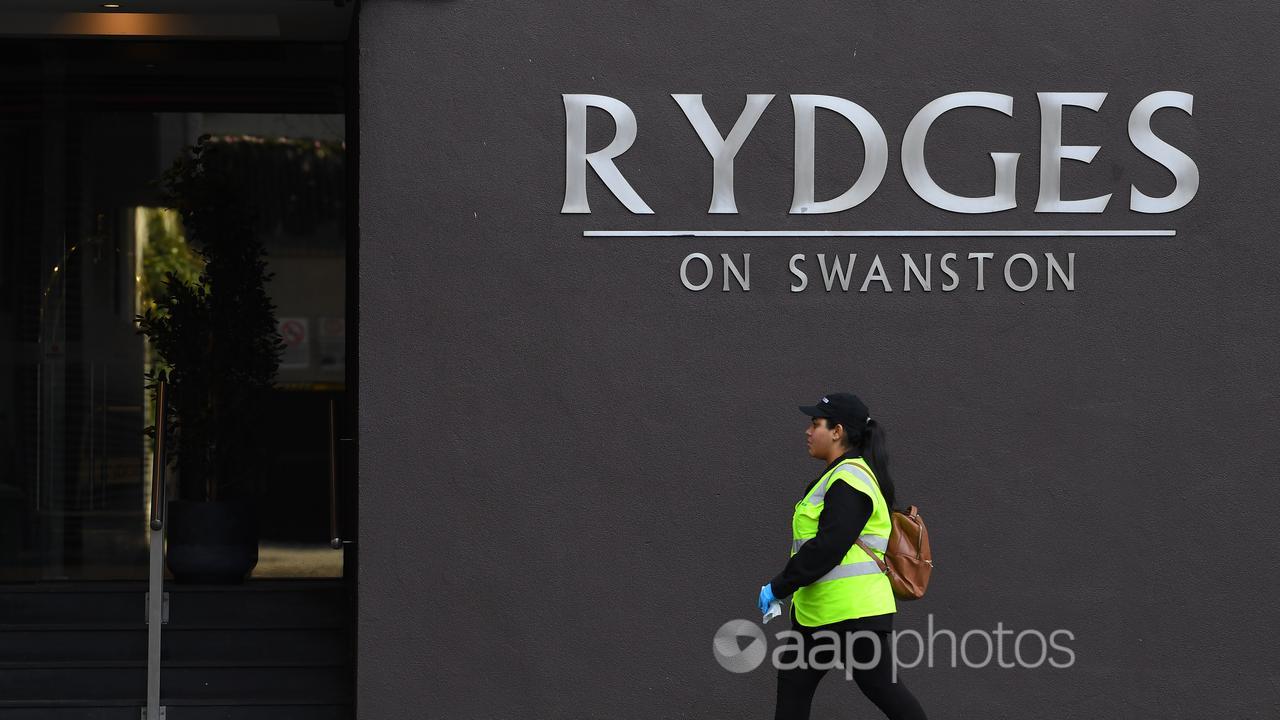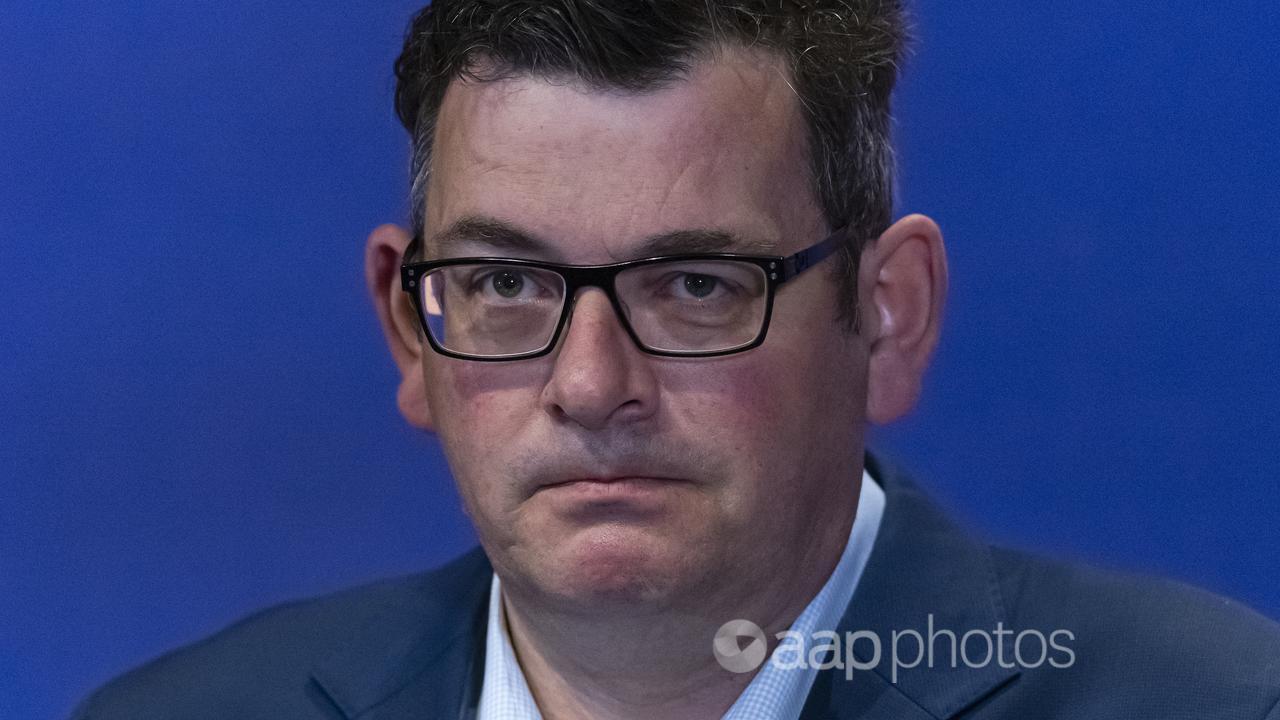It is being claimed a legal case against Daniel Andrews failed as a judge found it might cause the Victorian premier stress.
The case involved a group applying for more time to prepare an application to force Victoria’s workplace health and safety regulator to investigate Mr Andrews and 25 others over the COVID hotel quarantine scheme.
But the claim is misleading. The court found that the group hadn’t established special circumstances to be granted a time extension. The judge also said the group’s original application lacked merit and was unlikely to amount to anything.
Therefore, the judge said refusing an extension would save the 26 individuals and entities involved from potential stress.
The claim was made in a Facebook post and video with two members of Self-Employed Australia (SEA) – founder Ken Phillips and Nick Karamouzis – the group behind the legal action. The full video posted on May 9 can be viewed here.

The post’s headline reads: “Case Against Premier Daniel Andrews failed because Judge found it might cause him ‘stress’.”
During the video, Mr Karamouzis also paraphrases the judge’s reasons for refusing his group’s application for an extension of time to start legal action to order WorkSafe Victoria to investigate 26 individuals and entities, including Mr Andrews, over alleged breaches of the Occupational Health and Safety Act 2004 relating to the hotel quarantine program.
“‘Should I extend the time limit? No, I’m not going to.’ Why? Why, Your Honour? Seriously, this is a big case here, this is one of the most important cases in the history of Victoria – 800 people died,'” Mr Karamouzis says, mimicking the judge (video mark 20min 03sec).
“‘Oh well, you know, I’m not going to do it because if I do, if I do, the people that are being investigated might be stressed … If I extend the time limit, this is hanging over their heads. They might get stressed’.”
But the judgment tells a different story.

The case was brought by Independent Contractors of Australia, trading as the SEA, against the Victorian Workcover Authority (VWA), the regulator known as WorkSafe Victoria.
SEA asked the VWA to investigate 27 individuals and entities – including Victoria’s premier, former ministers, the chief health officer and the health department – for alleged breaches of the Occupational Health and Safety Act 2004.
The SEA’s request followed the conclusion of the Coate Inquiry. It had been tasked with looking into the troubled scheme after it was linked to 90 per cent of COVID infections in Victoria’s second wave. Jennifer Coate, who led the inquiry, criticised the Andrews Government for its role and made a number of recommendations relating to future quarantine programs.
VWA wrote to SEA a year later, on September 29, 2021, to say it had completed its investigation and would prosecute the Victorian Department of Health.
SEA then launched proceedings on February 14, 2022, seeking court orders to compel the VWA to do three things: force the regulator to investigate the other 26 individuals and entities, give reasons why it wasn’t prosecuting them and to forward its evidence to the Director of Public Prosecutions (DPP).

However, SEA failed to apply for those orders within 60 days of the VWA’s letter as required by law. So it applied to the Supreme Court of Victoria for an extension of the 60-day period, citing “special circumstances”.
Justice Michael McDonald concluded the delay was the result of a “misconceived application” under the Administrative Law Act and because the SEA was busy raising funds to launch the action.
He rejected the extension, stating neither of those reasons constituted special circumstances.
The judge also said the SEA’s original application lacked merit (section 135). He individually addressed each of the group’s three requests.
Justice McDonald said the SEA’s case for the first order was weak as the evidence suggested that the VWA had already conducted a full investigation into the 26 individuals and entities.
He said the group’s case for the second order was also weak and, that in relation to the third, the VWA had already offered to provide its investigative materials to the DPP.
In addition, the judge said the Coate Inquiry found no prima facie case against the 26 individuals and entities (section 120-122).
These details are not mentioned in the video’s caption or its contents.

The reference to “stress” is in section 109 and relates to the finality of litigation.
“If SEA is not granted an extension of time the individuals … will be freed from the not insignificant stress of potentially being subjected to prosecution for serious criminal offences which may carry lengthy terms of imprisonment,” the judgment states.
Professor Beth Gaze, a co-director of studies at the University of Melbourne’s Law School, said the mention of stress was a “throw-away reference” from the judge.
“Instead his full reasoning on this point is in paragraphs 106-110,” Prof Gaze said via email.
“The judge then refers to the fact they are 3rd parties to the case (ie not represented there), and would be prejudiced by the granting of an extension of time. Stress is only mentioned along the way and is not a primary reason – legal jeopardy would be a more accurate term.
“The judge finally turns to look at the merits of the claims that they should be prosecuted, which SEA alleged were supported by the Coate Inquiry, but concludes after reviewing parts of the Inquiry report that it provided no basis for any such assertion.
“As a result, the case for prosecution of them was weak, and this was one factor among the others that led to the conclusion that it was not appropriate to grant the extension of time.”
Professor Sean Cooney, also from Melbourne Law School, agreed, adding: “The potential prejudice to the individuals (including Andrews) was relevant insofar as the allegations involved very serious charges but without a strong case.”
The Verdict
The claim legal action against Daniel Andrews failed because the judge thought it might cause him stress is misleading.
The judge rejected an application for an extension of time to a group attempting to force WorkSafe Victoria to investigate the premier and others as special circumstances had not been established.
He also said the group’s original application lacked merit and was therefore unlikely to amount to anything even if an extension of time was granted.
Preventing stress is mentioned – but this is not the reason the case failed.
Misleading – The claim is accurate in parts but information has also been presented incorrectly, out of context or omitted.
AAP FactCheck is an accredited member of the International Fact-Checking Network. To keep up with our latest fact checks, follow us on Facebook, Twitter and Instagram.
All information, text and images included on the AAP Websites is for personal use only and may not be re-written, copied, re-sold or re-distributed, framed, linked, shared onto social media or otherwise used whether for compensation of any kind or not, unless you have the prior written permission of AAP. For more information, please refer to our standard terms and conditions.


















